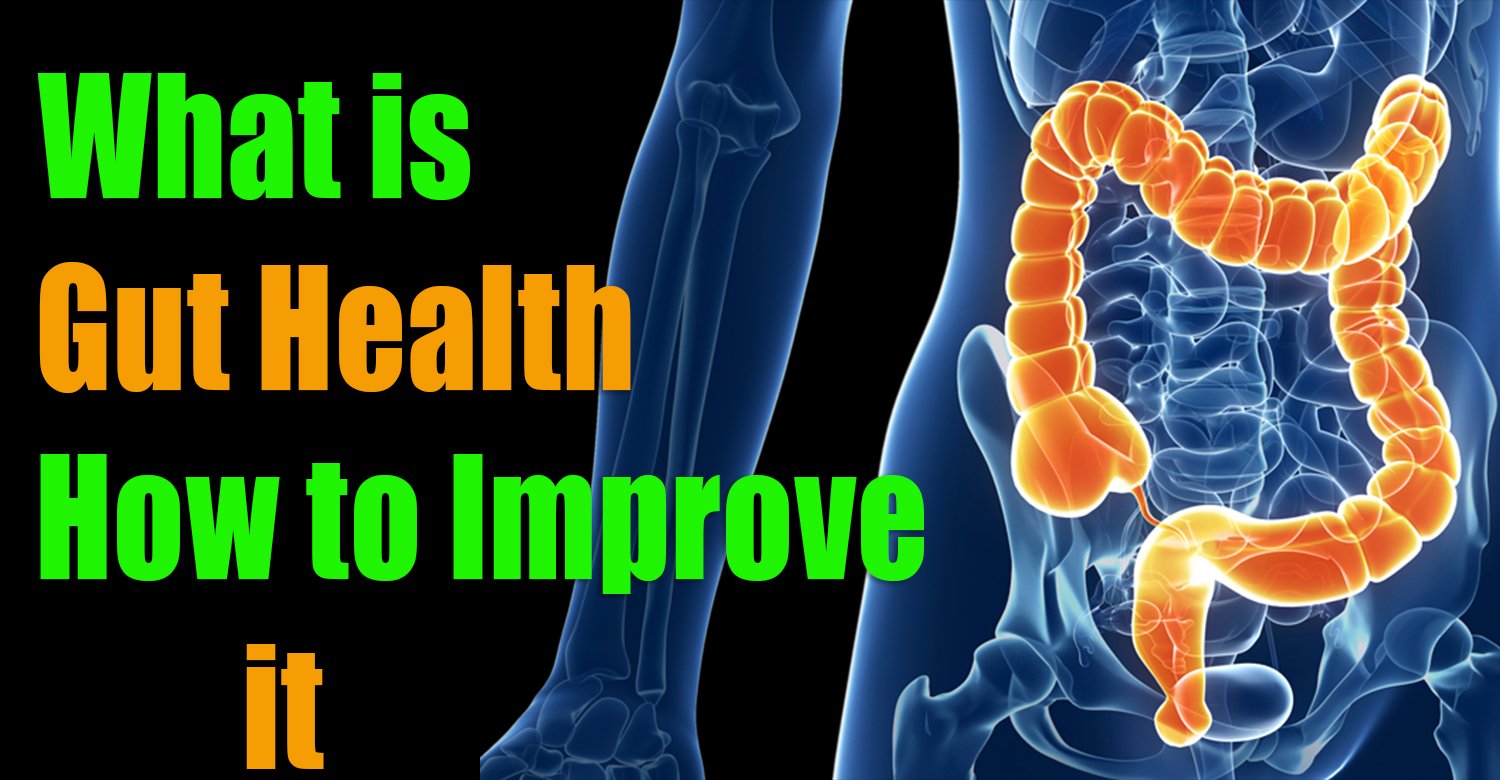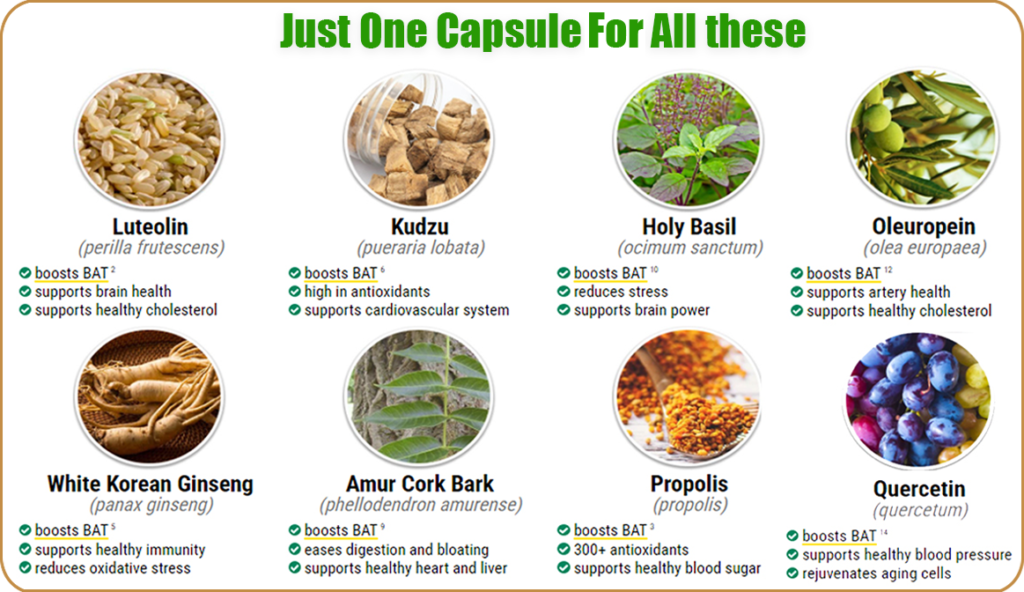![]()
![]()
![]()
![]()

Gut health is a key player in our overall well-being. The gut, also known as the gastrointestinal tract, is more than just a digestive system – it’s a complex ecosystem that plays a crucial role in maintaining our health. This guide will explore the fascinating world of gut health, discussing its significance, signs of imbalance, and practical steps to nurture a thriving gut microbiome.
At the heart of gut health lies the microbiome, a diverse community of trillions of microorganisms that inhabit our digestive system. These microorganisms include bacteria, viruses, fungi, and other microbes, working in harmony to maintain a delicate balance. A thriving gut microbiome is essential for digestion, nutrient absorption, and even influences our immune system and mental health.
Recognizing the signs of an imbalanced gut is the first step towards reclaiming your health. Common indicators include persistent digestive issues like bloating, gas, constipation, or diarrhea. Skin problems, mood swings, and weakened immunity can also be linked to an unbalanced gut. Listening to your body and understanding these signals can empower you to take proactive steps towards gut restoration.
The gut-brain axis, a bidirectional communication system between the gut and the brain, is a fascinating aspect of gut health. Research has shown that the state of our gut can influence our mental well-being, impacting mood, stress levels, and cognitive function. Nurturing a healthy gut can thus pave the way for improved mental and emotional resilience.

Diet plays a pivotal role in shaping the health of our gut microbiome. Incorporating a variety of fiber-rich foods, such as fruits, vegetables, and whole grains, provides essential nutrients for beneficial gut bacteria. Fermented foods like yogurt, kefir, sauerkraut, and kimchi are rich in probiotics, contributing to a diverse and resilient microbiome. Omega-3 fatty acids found in fatty fish, flaxseeds, and walnuts also support gut heal
Prebiotics are non-digestible fibers that serve as fuel for beneficial gut bacteria. Including prebiotic-rich foods like garlic, onions, leeks, and bananas in your diet encourages the growth of these beneficial microbes. This synergy between prebiotics and probiotics creates an optimal environment for a flourishing gut microbiome.
Beyond diet, lifestyle choices significantly impact gut health. Chronic stress can disrupt the balance of gut bacteria, emphasizing the importance of stress management techniques such as meditation, deep breathing, and regular exercise. Sufficient sleep is another crucial factor, as it allows the body to repair and regenerate, supporting overall well-being, including gut health.
Certain factors can compromise the delicate balance of the gut microbiome. Antibiotics, for example, while essential for treating bacterial infections, can indiscriminately eliminate both harmful and beneficial bacteria. Excessive use of antibiotics can thus disrupt the gut microbiome, emphasizing the need for judicious antibiotic use and considering probiotic supplementation during and after antibiotic courses.
Processed foods high in sugar and artificial additives can also negatively impact gut health. These ingredients may promote the growth of harmful bacteria while diminishing the abundance of beneficial ones. Adopting a whole-foods-based diet and minimizing processed food intake supports the health of your gut microbiome.

Taking a proactive approach to gut health involves conscious choices that support your overall well-being. Regular exercise, in addition to its stress-reducing benefits, has been linked to a more diverse gut microbiome. Stay hydrated to support digestion and the transport of nutrients throughout your body. Consider incorporating intermittent fasting, which has shown promise in promoting a healthy gut environment.
In some cases, especially when faced with persistent gut issues or after a course of antibiotics, supplementing with probiotics can be beneficial. Probiotic supplements provide a concentrated source of beneficial bacteria, aiding in the restoration of a healthy gut microbiome. However, it’s essential to choose high-quality supplements with strains that have been researched for their efficacy.
Nurturing your gut health is a journey that involves conscious choices and a holistic approach to well-being. By understanding the intricate dance of the gut microbiome and adopting practices that support its flourishing, you can unlock a cascade of benefits for your overall health. From improved digestion to enhanced mental well-being, the impact of a healthy gut reverberates throughout your entire body. So, embark on this journey with enthusiasm, armed with the knowledge that you have the power to cultivate a resilient and thriving gut – the foundation of your vibrant well-being.